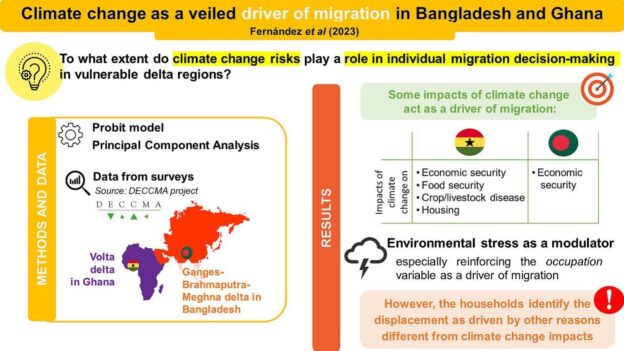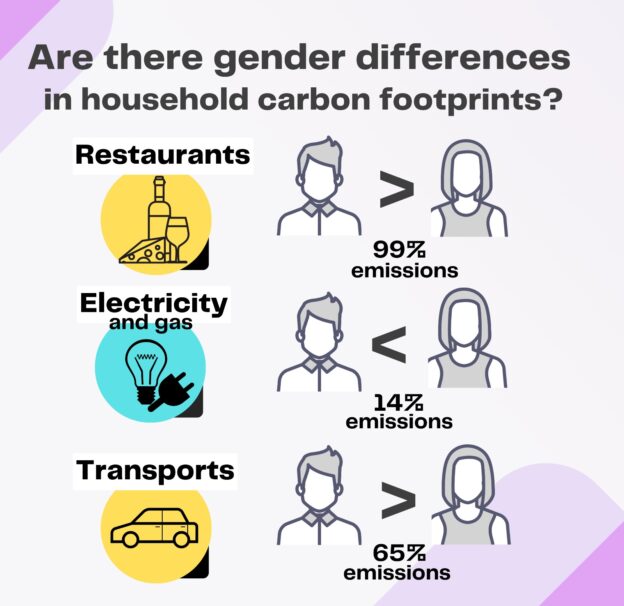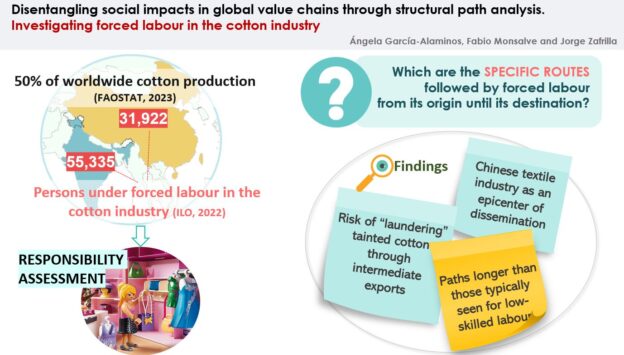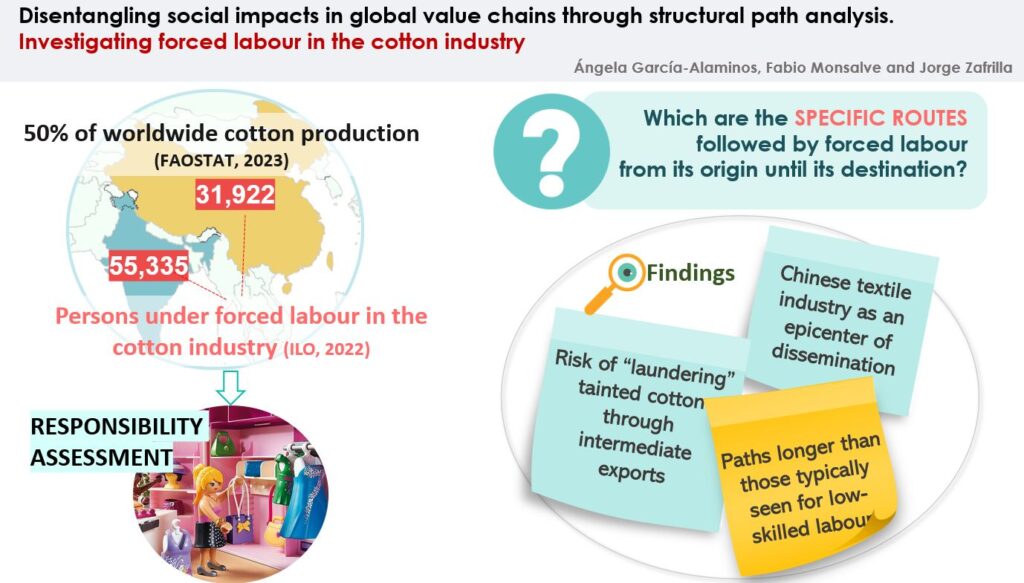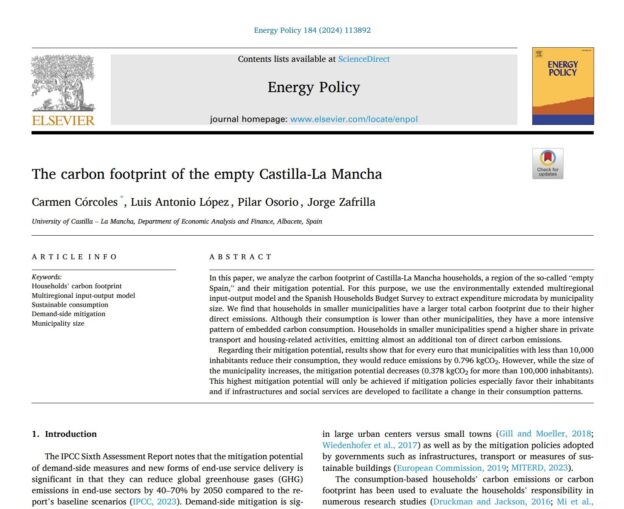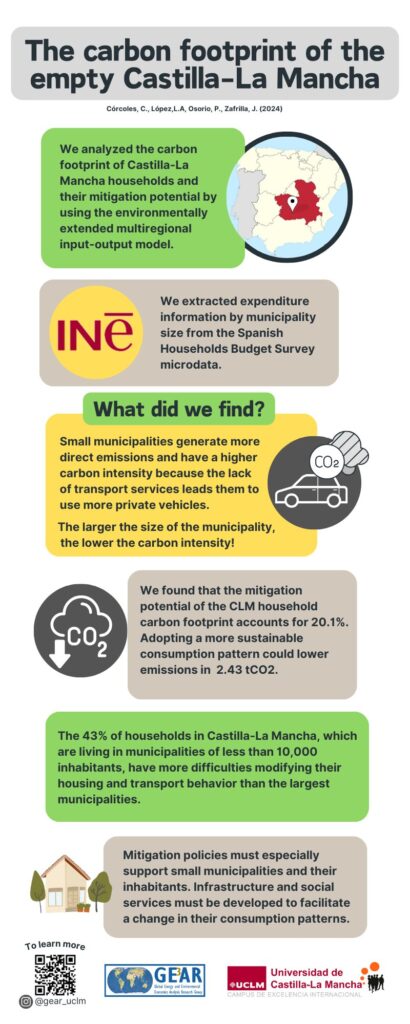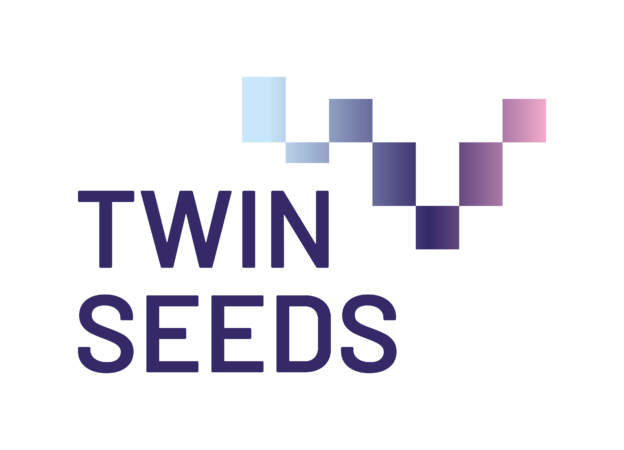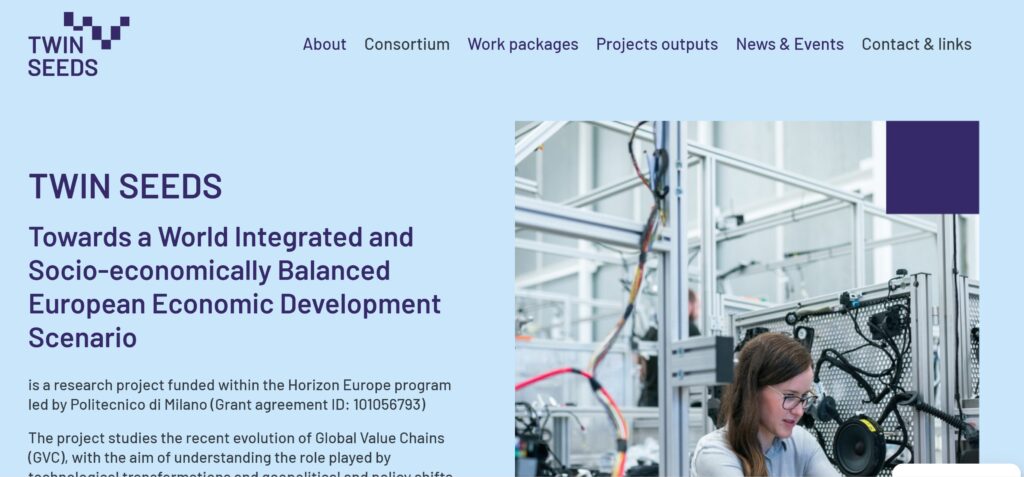The GEAR members Guadalupe Arce and Ángela García-Alaminos, together with Sara Fernández, Ignacio Cazcarro and Iñaki Arto have recently published the paper entitled “Climate change as a veiled driver of migration in Bangladesh and Ghana” in Science of The Total Environment.
This paper analyses climate drivers of migration in the deltas of Bangladesh and Ghana. People living in deltaic areas in developing countries are especially prone to suffer the effects from natural disasters due to their geographical and economic structure. Climate change is contributing to an increase in the frequency and intensity of extreme events affecting the environmental conditions of deltas, threatening the socioeconomic development of people and, eventually, triggering migration as an adaptation strategy.
This study is based on data from migration surveys and econometric techniques from the DECCMA Project to analyse the extent to which environmental impacts affect individual migration decision-making in two delta regions in Bangladesh and Ghana.
The results show that, in both deltas, climatic shocks that negatively affect economic security are significant drivers of migration, although the surveyed households do not identify environmental pressures as the root cause of the displacement. Furthermore, environmental impacts affecting food security and crop and livestock production are also significant as events inducing people to migrate, but only in Ghana.
The study also finds that suffering from environmental stress can intensify or reduce the effects of socioeconomic drivers. In this sense, adverse climatic shocks may not only have a direct impact on migration but may also condition migration decisions indirectly through the occupation, the education, or the marital status of the person.
Although climate change and related environmental pressures are not perceived as key drivers of migration, they affect migration decisions through indirect channels (e.g., reducing economic security or reinforcing the effect of socioeconomic drivers).
You can find the full-text here:


